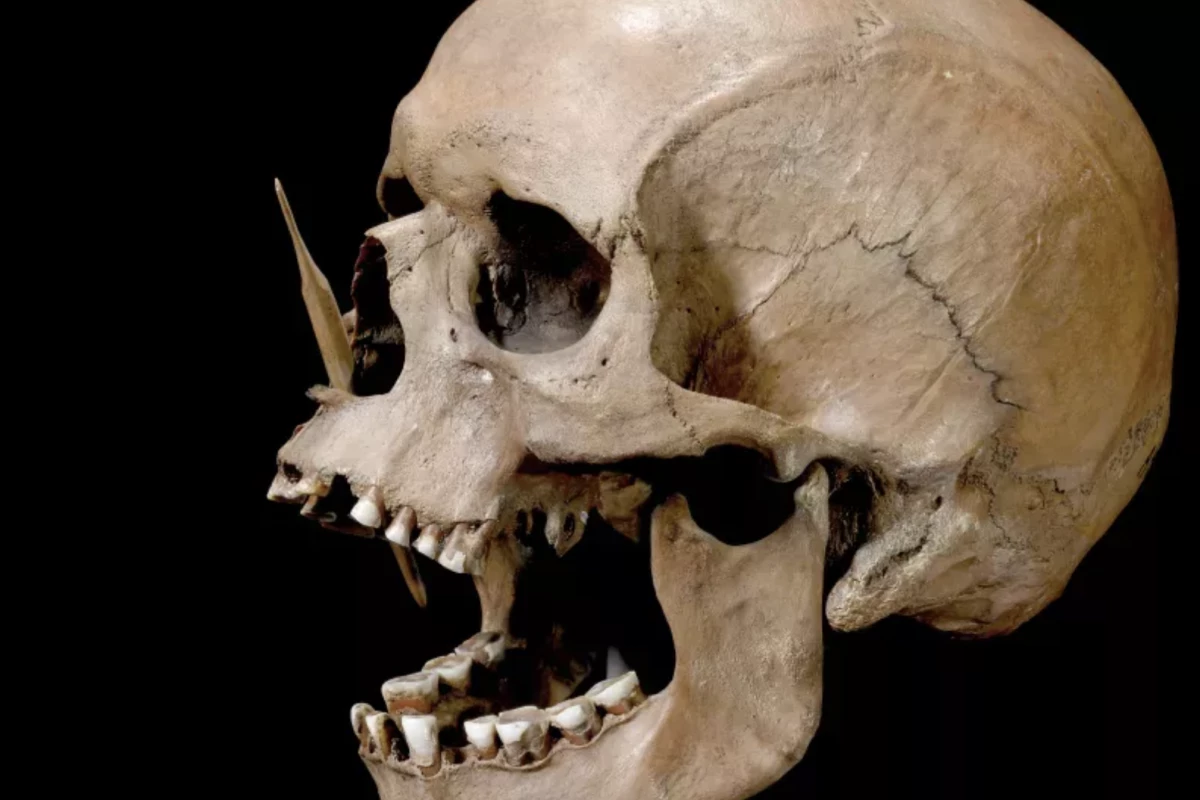Contrary to what has long been believed, there was no peaceful transition of power from hunter-gather societies to farming communities in Europe, with new advanced DNA analysis revealing that the newcomers slaughtered the existing population, completely wiping them out within a few generations.
Researchers from Sweden's Lund University analyzed skeletons and teeth found in what is now Denmark, and found that 5,900 years ago, the region underwent a swift and total population change. Prior to this, Danish Mesolithic people of the Maglemose, Kongemose and Ertebølle cultures – genetically related to other Western European hunter-gatherers – were prominent inhabitants. But when Neolithic farmers arrived, an abrupt shift can be seen in DNA records, with next to no genetic contribution from the local hunter-gatherers.
Tracing the DNA timeline, the researchers could see that the hunter-gatherers had been swiftly wiped out by the late Stone Age, in what they suspect was a very bloody and very thorough takeover.
“This transition has previously been presented as peaceful," said Anne Birgitte Nielsen, geology researcher and head of the Radiocarbon Dating Laboratory at Lund University. "However, our study indicates the opposite. In addition to violent death, it is likely that new pathogens from livestock finished off many gatherers."
However, it seems what goes around comes around. Some 1,000 years later, around 4,850 years ago, these farming communities suffered a similar fate, with the arrival of a 'big-boned' semi-nomadic group with origins tied to the livestock-herding Yamnaya of southern Russia. Again, DNA evidence suggests violent battles and the introduction of new pathogens caused another swift genetic shakeup.
The newest arrivals, who tamed animals, kept cattle and traversed the land via horse and cart, would prevail in the region; after this tumultuous period, the area was settled by a population tied to the Yamnaya and Eastern European Neolithic peoples. The genetic profile of these settlers remains dominant in Denmark today, with no trace of the first farmers, or the hunter-gatherers before them, at all.
With the rapid rate of distinctive DNA turnover and the a lack of mingling genetics, all signs point to overpowering conflicts that completely anihilated existing communities. Turning previous theories upside down, the researchers add that this new information also sheds light on migration and the movement of pathogens. Scientists have high hopes that advances in the sequencing of ancient DNA (aDNA) will soon lead to a better understanding and treatment of present-day disease.
“Our results help to enhance our knowledge of our heredity and our understanding of the development of certain diseases," Nielsen said. "Something that in the long term could be beneficial, for example in medical research."
The study is published in the journal Nature.
Source: Lund University





